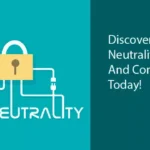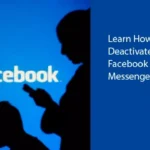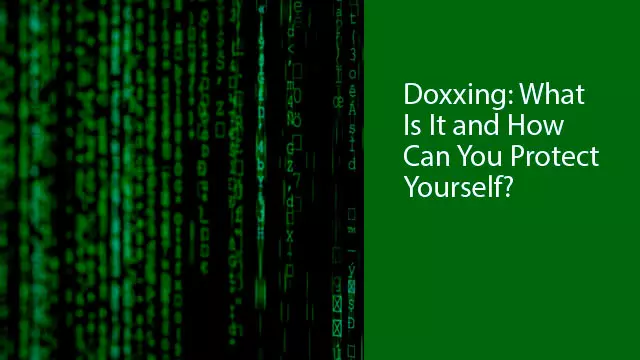
In the internet world, there is plenty of jargon. So it’s no surprise if the term is doxxing or doxing sounds completely foreign to you. We are here to assist you in preventing malicious attacks from cyberspace, the latest trend of which is doxxing.
We will begin by breaking down target groups, how it works, and then finally, provide a few tips on how to prevent doxing when using the internet or social media.
Who’s at Risk from Doxxing?
Any person who has personal information stored on the internet could be a potential victim.
In previous years, the only people engaging in these activities were members of the hacking community. Nowadays, it can potentially be anyone, from someone hoping to write a blog post on their website about your private life to well-informed cyberbullies with access to your social media accounts.
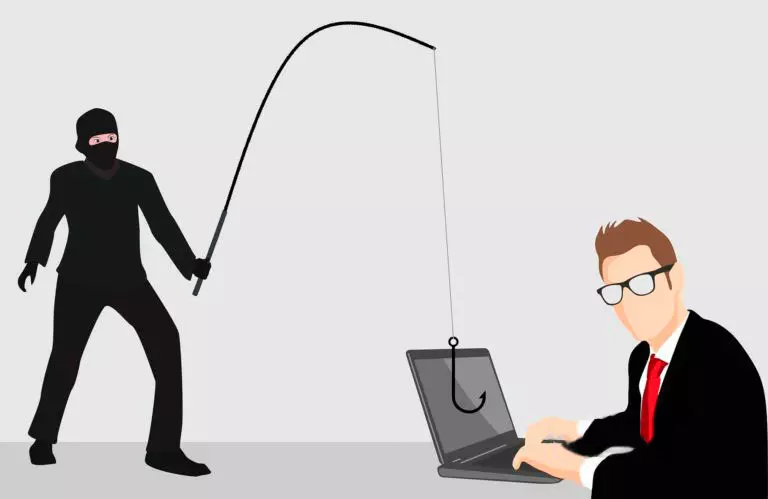
What Is Doxxing?
Doxxing is where any party sets out to locate, compile, and potentially share the private details of a person online. This occurs without that person’s consent.
For example, after the Boston Marathon bombings, several users of a particular thread on Reddit began to investigate them. Unfortunately, they falsely accused a man of being involved with the bombings. That man would later go on to take his own life.
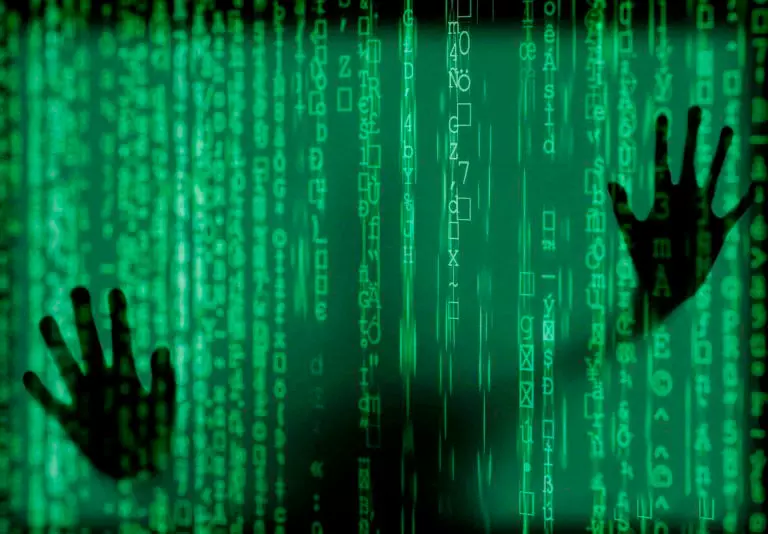
How Does Doxing Work?
There are three main methods of doxxing currently in use: Wi-Fi sniffing, reviewing metadata, and retrieving your IP address. The best way to avoid Wi-Fi sniffing is to keep in mind that internet access provided through public sources is often more susceptible to doxxing.
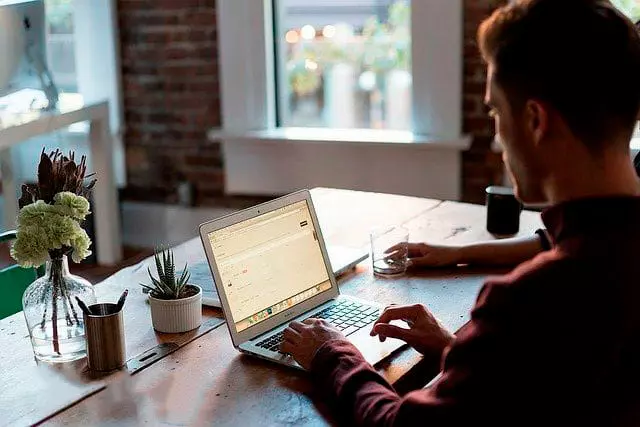
Is Doxxing Legal?
If you have information that is accessible to anyone on the internet, and the person who retrieves that data does not do so with malicious intent, then it can be considered legal. However, both of those parameters must be met for it to be viewed as above board. It is important to note that doxxing is typically illegal since it is generally used to put people into unfavorable circumstances.
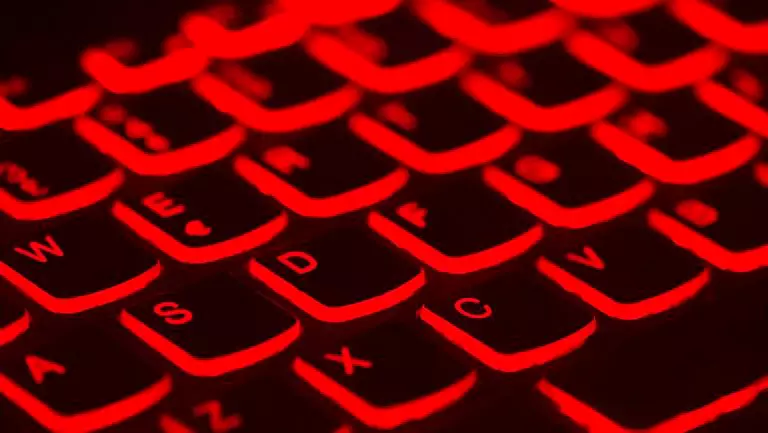
How To Prevent Doxxing
Social media is a goldmine for would-be doxxers. Therefore, the first order of business would be to ensure that your personal profile is always kept private.
Tip 2: Have unique usernames for each platform
There is an additional method of security for both social media and websites or online applications that require a username. The trick is to have an assortment of usernames. Therefore, you cannot be linked across platforms.
Tip 3: Be wary of online quizzes and app permissions
If you can help it, avoid giving up too much of your personal information. And if you only plan on using the site or app for a short time, then perhaps use fake details.
Tip 4: Make use of a VPN
This is probably the most important of the tips. A VPN ensures that you have optimal security while browsing online. The purpose of a VPN is to ensure that none of your private data is unnecessarily leaked to external parties or hackers. One important caveat to note is that some free VPNs keep track of your activity through online logs. Therefore, it is recommended to choose a paid service.
Tip 5: Hide domain registration information from WHOIS
If you have a website, then you need to ensure the security of your personal details or the WHOIS information. How? You can use a service that encrypts the data.
How Harmful Can Doxxing Be?
Doxxing is a peculiar phenomenon. It can be as slight as your personal phone number or house address leaked online, which leads to you being harassed on social media. However, it could also scale to the extreme where your name is mentioned in international news as being implicated in criminal activities.
There have even been cases of people reporting false stories with rumors so that victims are paid an official police visit. This can be quite distressing, not to mention incredibly damaging to a person’s reputation. Evidently, it is much preferable to avoid getting doxed in the first place.
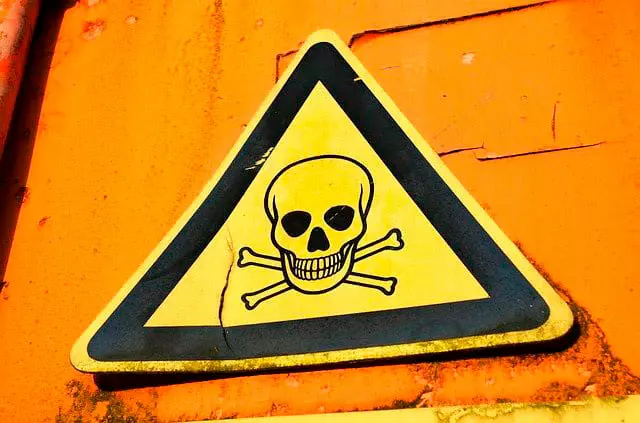
Conclusion
Doxxing is a serious threat to personal security, regardless of what activities you engage in online. To protect yourself while browsing websites and scrolling through social media, you must implement effective security measures, such as using a reputable VPN and having unique social media handles. Stay safe!
Frequently Asked Questions about Doxxing
Can People Be Punished for Doxxing?
Yes, people can face the full weight of the law should they engage in doxxing. It would have to be proven that the culprits were making use of information that was not accessible to anyone online. Another essential element to prove is that they harbored malicious intentions at the time of retrieving private information.
What Is the Main Way to Avoid Getting Doxed?
The easiest way to prevent doxxing is to make use of a well-established VPN service that will encrypt your personal data and IP address while you are online. Besides, you can also avoid using websites that seem illegitimate and have a lot of personal data to fill in.
Are There Doxxing Laws Currently Active in the United States?
Doxxing is considered illegal in the United States. If doxxing occurs to a US civilian (a non-government employee), then it would be tried under state criminal law, such as defamation of character or relevant cyberbullying laws.
What Doxxing Tools Hackers Typically Use?
Hackers may slip an IP logger through an email or downloadable content. Alternatively, they may find metadata of a file you created to discover private information, such as where you were when you uploaded it online.
What Does Doxxing Mean?
Doxxing is the activity of harvesting a person’s personal information without any consent with further sharing online, usually with malicious intent.








